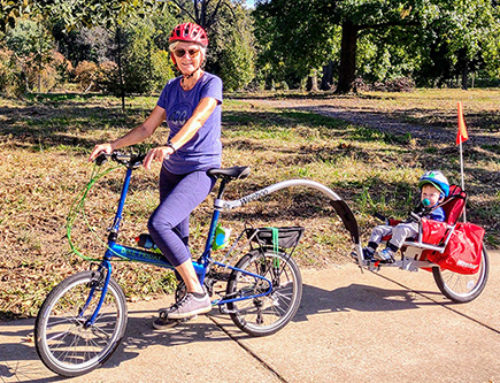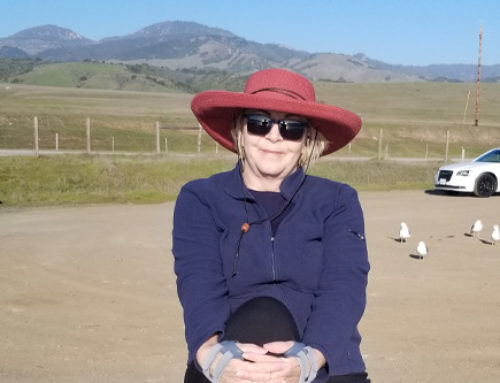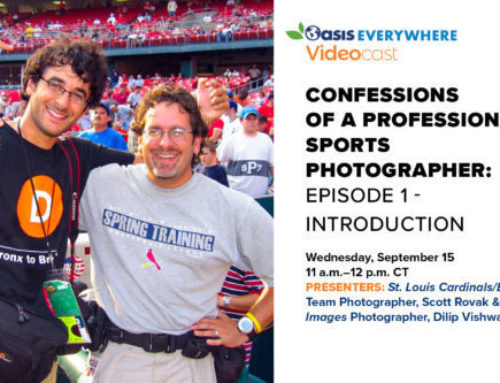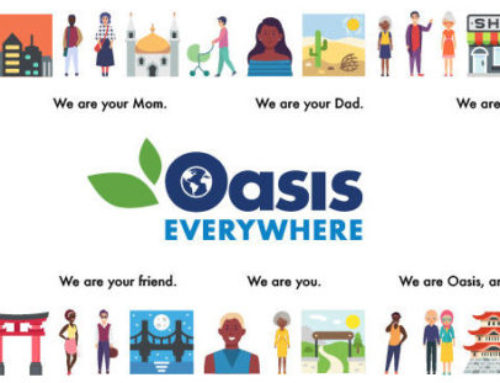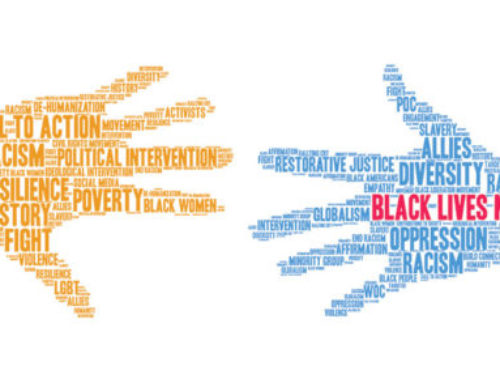When people think about staying fit, we generally think from the neck down. But the health of our brains plays a critical role in almost everything we do: thinking, feeling, remembering, and working, playing— and even sleeping.
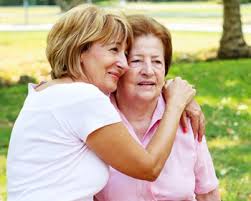 The good news is that emerging evidence suggests there are steps we can take to help keep our brains healthier as we age. It is important to understand that Alzheimer’s is not a normal part of aging, but like other parts of our bodies, our brains may lose some agility as we get older, if we do not take care of them. Science is unlocking many of the mysteries of the brain, but unfortunately we don’t have all the answers yet. We can do everything “right” and still not prevent Alzheimer’s disease.
The good news is that emerging evidence suggests there are steps we can take to help keep our brains healthier as we age. It is important to understand that Alzheimer’s is not a normal part of aging, but like other parts of our bodies, our brains may lose some agility as we get older, if we do not take care of them. Science is unlocking many of the mysteries of the brain, but unfortunately we don’t have all the answers yet. We can do everything “right” and still not prevent Alzheimer’s disease.
That being said, maintaining the health of your brain is an important part of our overall health and well-being. There are four aspects to consider when talking about living a brain healthy lifestyle: physical exercise, nutrition, social activity and mental exercise.
- Physical exercise is essential for maintaining good blood flow to the brain as well as to encourage new brain cells. It also can significantly reduce the risk of heart attack, stroke and diabetes, and thereby protect against those risk factors for Alzheimer’s and other forms of dementia.
- Nutrition is a factor. Research suggests that high cholesterol may contribute to stroke and brain cell damage. A low fat, low cholesterol diet is advisable. There is also growing evidence that a diet rich in dark vegetables and fruits, which contain antioxidants, may help protect brain cells.
- Social activity not only makes physical and mental activity more enjoyable, it can reduce stress levels, which helps maintain healthy connections among brain cells
- Mentally stimulating activities strengthen brain cells and the connections between them, and may even create new nerve cells.
Alzheimer’s is a skyrocketing epidemic. According the National Alzheimer’s Association, an estimated 5.3 million people in the US have the disease. Every 67 seconds, someone in the US is diagnosed. Age is the greatest risk factor for Alzheimer’s disease. This means we are all at risk and should be aware of the warning signs, including:
- Memory loss that disrupts daily life
- Challenges in planning or solving problems
- Difficulty completing familiar tasks at home, work or leisure
- Confusion about time and place
- Trouble understanding visual images and spatial relationships
Check here for more warning signs and helpful guidance on the distinctions between Alzheimer’s and normal age-related lapses. Receiving an early diagnosis allows us to plan for the future and have access to the comfort, support and resources we need.
Sadly, this is an insidious disease that not only claims the lives of the diagnosed individuals, but also puts intense emotional, physical and financial strain on those who love and care for them. More than 80% of individuals who are living with Alzheimer’s, are cared for at home by a family member. For this reason, the Alzheimer’s Association is committed to providing those affected and their loved ones with FREE support and resources including a 24/7 Helpline, community education, social activity programs, more than 35 support & discussion groups and one-on-one assistance from master’s level experts in Alzheimer’s disease. Along with providing the community free programs and services, the Alzheimer’s Association is unrelentingly on advocating for public policy issues and critical research funding in hopes of accelerating the global effort to eliminate Alzheimer’s disease.
If you are interested in finding out more, visit the National Alzheimer’s Association website or call our free 24/7 Helpline at 800.272.3900 FREE.
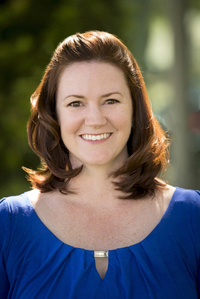 Jessica Empeño, MSW, is the Director of Programs and Family Services for the Alzheimer’s Association, San Diego Chapter, where she leads the Chapter’s delivery of quality programs to support individuals impacted by Alzheimer’s disease and other forms of dementia. She received her Master of Social Work from San Diego State University in 2001 with an emphasis on health, aging and administration. Her experience includes direct practice, program development, research and leadership in the fields of aging, dementia, elder abuse, hospice and medical social work. She has presented classes on Alzheimer’s, dementia and brain health at the San Diego Oasis.
Jessica Empeño, MSW, is the Director of Programs and Family Services for the Alzheimer’s Association, San Diego Chapter, where she leads the Chapter’s delivery of quality programs to support individuals impacted by Alzheimer’s disease and other forms of dementia. She received her Master of Social Work from San Diego State University in 2001 with an emphasis on health, aging and administration. Her experience includes direct practice, program development, research and leadership in the fields of aging, dementia, elder abuse, hospice and medical social work. She has presented classes on Alzheimer’s, dementia and brain health at the San Diego Oasis.

